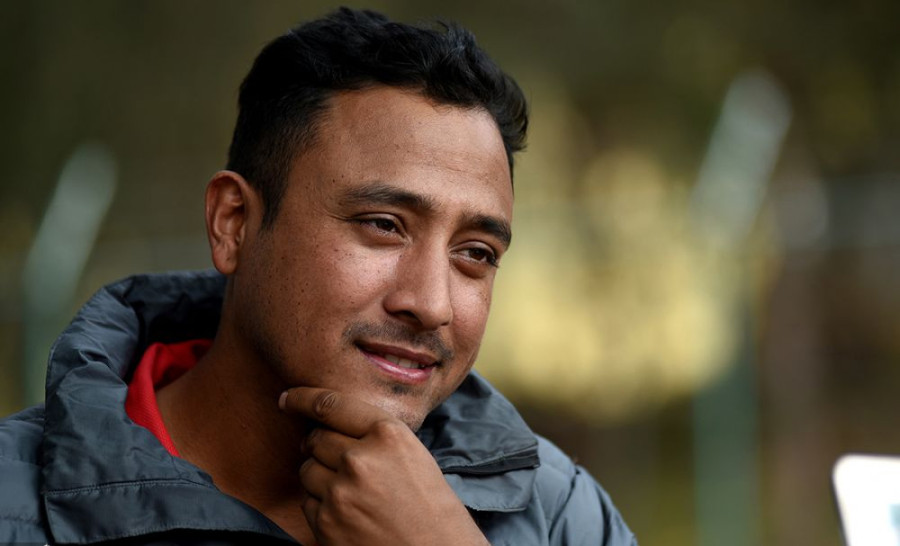Editorial
Nepal’s rise in international cricket might not have occurred if not for Paras Khadka
But there might not be another figure like him to save Nepali cricket the next time its affairs are muddled with corruption and politicisation.
On October 14, Nepali cricket received some positive news from the International Cricket Council. After a three-year suspension for breaching council regulations, the Cricket Association of Nepal was reinstated as an associate member, albeit on a conditional basis. The news was bittersweet, since Paras Khadka, the man responsible for improving Nepali cricket in the absence of a functioning authority for the sport, subsequently resigned as team captain, selector and liaison to the council.
Indeed, Nepal’s steady and swift rise from the lower leagues of international cricket to the prestige of having One Day International status might not have occurred had there not been a figure like Khadka to take charge of matters, both on and off the field. When Khadka was appointed team captain in 2009, Nepal was playing in the fifth division of international cricket. After steadily rising through the ranks, with a few bumps, Nepal was able to reach the Division 2 final in 2017, and subsequently attain One Day International status in 2018. All the while, the cricket association here was mired in internal conflict.
Ever since the government ousted Binay Raj Pandey in 2011 for failing to hold elections, the Cricket Association of Nepal had slowly seen politics and corruption ensnare it from outside in. It all came to a head in 2014 in a chain of events. First, the national team players, under Khadka’s leadership, decided to boycott a national one-day tournament, slamming the association’s treatment of its players. Later, it emerged that the cricket body’s board was being investigated by the Commission for the Investigation of Abuse of Authority for misuse of funds. The government eventually dissolved the board led by Tanka Angabuhang and handed over the working of the association to Pandey.
This led to a split in the governing body, with two competing authorities claiming legitimacy. Moves to consolidate the two through a controversial election in December 2015 failed, with the National Sports Council refusing to accept the election’s outcome and endorse the new board. The International Cricket Council has strong regulations against politicisation of cricket associations and government interference. In February 2016, when the National Sports Council formed an ad hoc committee under Ramesh Silwal to run the country’s cricket body, the International Cricket Council moved to suspend Nepal’s membership.
In most cases, such a move would have meant that the sport’s development would regress. The International Cricket Council moved to form an advisory committee in 2016 with Khadka acting as a liaison while still being responsible for the team itself. It is a testament to Khadka’s capability, will and ability that the national team continued to gain accolades in the field through this transitionary period, even as cricket’s national authority was slowly revamped from the inside. With elections to a new board having been held in September, and with the International Cricket Council reinstating Nepal’s membership, Khadka has every right to ask for a much-deserved break from larger responsibility and focus on playing the sport.
But this entire episode that Nepali cricket went through should serve as an alarm. It is easy for politicisation and corruption to encroach upon all sorts of agencies in Nepal, even sports-related ones. But there might not be another figure like Paras Khadka to save Nepali cricket the next time its affairs are muddled with corruption and confusion. The sports association should take this opportunity to strengthen itself against outside interference so that Nepal’s next captain can focus solely on the team’s on-field performance.
***
What do you think?
Dear reader, we’d like to hear from you. We regularly publish letters to the editor on contemporary issues or direct responses to something the Post has recently published. Please send your letters to [email protected] with "Letter to the Editor" in the subject line. Please include your name, location, and a contact address so one of our editors can reach out to you.




 9.7°C Kathmandu
9.7°C Kathmandu














